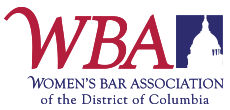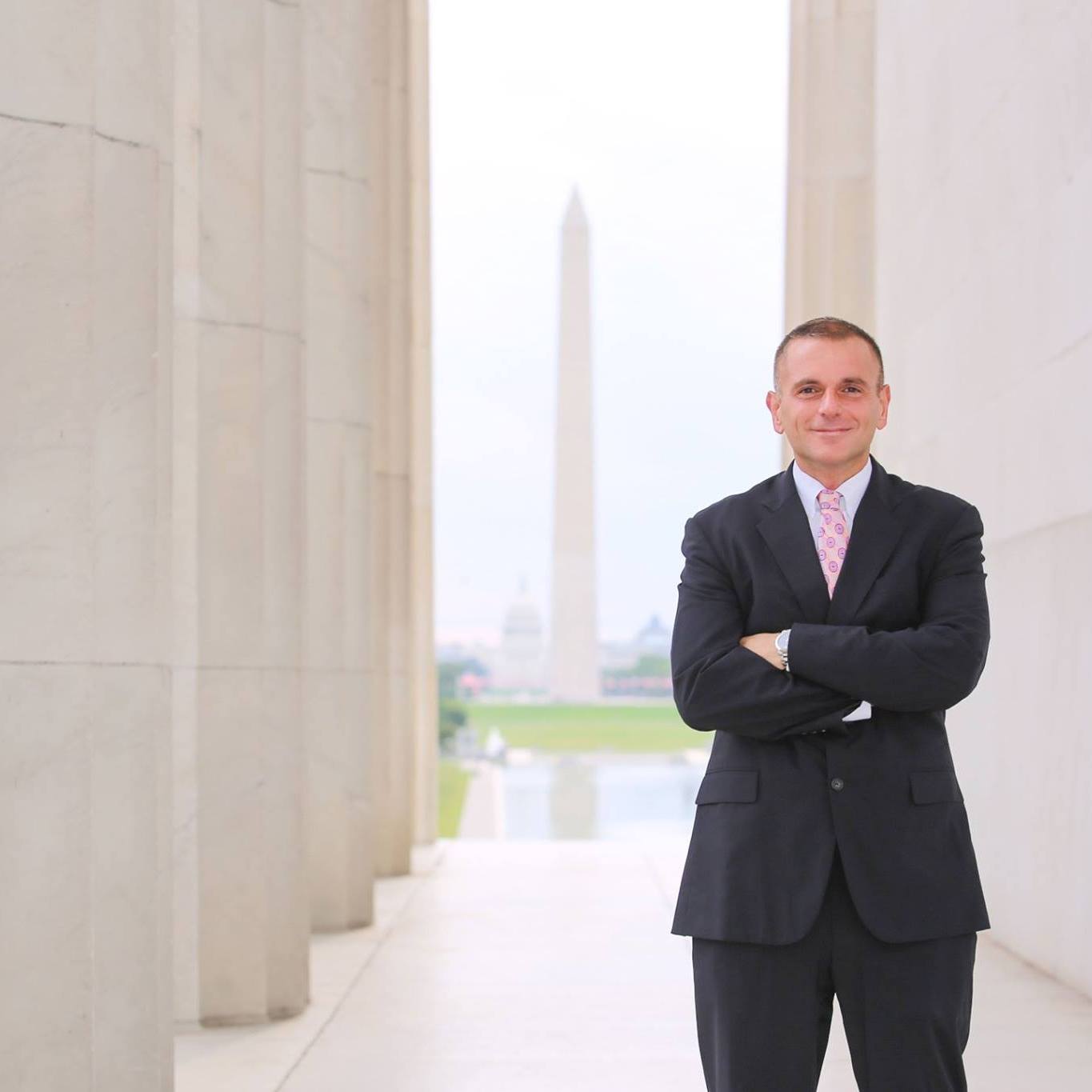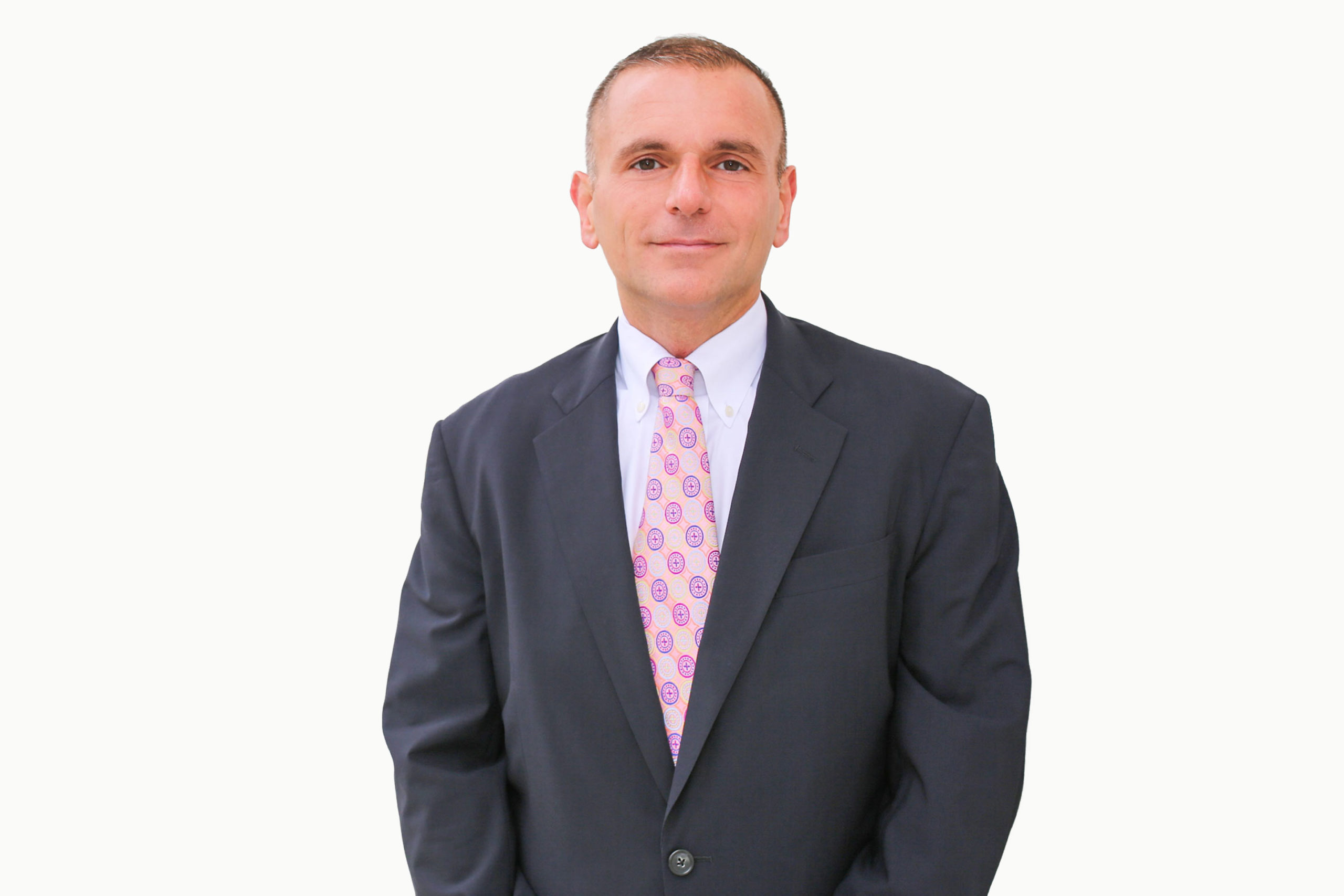Christopher Macchiaroli has been an attorney for 17 years and has spent the majority of his career living and working in the District of Columbia. He has also spent significant time as a lawyer in New York City and Miami. Chris has been a civil litigator, federal prosecutor, and criminal defense attorney, and has represented individuals and companies alike. In his words, “Each experience has taught me new lessons about the law and about myself.”
In 2009, Chris joined the Department of Justice and was an Assistant United States Attorney for over 10 years. He spent the first three years representing the United States in all facets of civil litigation in the U.S. Attorney’s Office for the Southern District of Florida and the remaining seven-plus years as a criminal prosecutor in the United States Attorney’s Office for the District of Columbia.
On November 2, 2019, Chris became a private citizen again. He is currently the Managing Partner of the Washington, DC office of Silverman, Thompson, Slutkin & White LLC. He handles all facets of civil litigation and has represented criminal clients in federal and local courts in Washington, DC, Maryland, and Virginia. He is often asked to give opinions on DOJ policies and pending criminal investigations.
In his personal time, Chris enjoys long distance running (and acknowledges his is way slower than he was in my younger years).
When did you join the WBA?
I joined the Women’s Bar Association on January 2, 2020 just a few weeks after leaving Government service.
What committees/forums have you been involved in?
For the last two years, I have been a Co-Chair of the Litigation Forum and have cherished the opportunity of working with exceptional colleagues in the planning of events that highlight real-world litigation related challenges, including the panel discussion titled, “How to Succeed At Every Stage of Your Litigation Career,” https://www.youtube.com/watch?v=EIuUFeld6Lg, where we heard insight from three exceptional female attorneys at different stages of their legal careers.
Why did you join the WBA?
I wanted to hear as many different perspectives from the legal community as possible after leaving government service. Knowledge is power and I hoped that by listening from so many fantastic lawyers about their personal experiences, successes, and obstacles, I could learn how to play a stronger role in increasing greater diversity and equality in the legal profession.
What benefits do you get from being a part of the WBA and why do you think others should join?
I am fortunate to be surrounded by dynamic and talented lawyers from a variety of legal settings and know that I have contacts and experts available 24-7 to help me in my legal career and to be partners in advancing the call for greater diversity and equality in the legal community.
How has being a parent enhanced your career?
I have not yet had the good fortunate of being a parent, but know full well from friends and colleagues the challenges that can occur in balancing the demands of being both an amazing parent and an exceptional lawyer, which are not mutually exclusive, and where parenthood can provide greater focus and motivation at work while providing a unique perspective that allows for better insight into colleagues, clients, and humanity in general.
Do you have a mentor/hero?
I was very fortunate to have the opportunity to work with the Department of Justice as a young lawyer, where there was diversity amongst my colleagues and the majority of my supervisors were women. I developed as a lawyer under the guidance and training of fantastic female litigators and trial and appellate attorneys throughout my tenure with the Department of Justice.
One of those supervisors, Maureen Donlan, was a mentor to me. I became a better lawyer because of her. From legal writing to oral advocacy, to how to treat colleagues, clients, and witnesses, Maureen balanced an encyclopedic knowledge of the law with a confident, yet humble charm that made all those who met her, both respect her and like her. I try to follow Maureen’s example in my daily practice. There are too many other individuals who guided me on my journey over these last 17 years to name, including those most recently who helped me transition back to being a civil litigator and criminal defense attorney. Aloyma Sanchez, Chrisellen Kolb, and Carmen Hernandez are just a few fantastic additional mentors who shared their knowledge, time, and support when I most needed it.
What words of advice do you have for women new to the profession?
I feel strongly on giving as much advice as possible (usually, what not to do, and too often based on personal experiences) because we have an obligation to make it easier for those who come after us to live up to their full potential.
My thoughts and anecdotes are given to all young lawyers alike, basically, whoever is willing to listen, but when working with female associates just entering the legal field, I often remind them that they are equal partners in our legal endeavors and every action they take is preparation for when they become the next set of partners and begin to mentor lawyers that come after them. Being a young lawyer is like being a new pilot, get as much experience flying as possible and volunteer for as many missions as you can, all of which will prepare you for whatever obstacle comes your way and ultimately will make landing a plane in the legal world, just like a walk in the park.
What is the best advice you have received?
Be Admirable. Likeability is contagious, whether it be a kind word, self-deprecating remark (that defuses a situation), a witty comeback, or the ability to show empathy towards others. Confidence and humility are not mutually exclusive traits. Often, successful outcomes have come more from building a reputation that you are an honest broker and decent person, rather than the product of being a scorched earth litigator.
What other organizations are you involved in?
I have tried to give back to the community as much as it has given me, whether that be by taking on pro bono matters (for individuals and nonprofit organizations) or going the extra mile for communities and victims while a prosecutor. Even then, it is never enough, and more can always be done.


